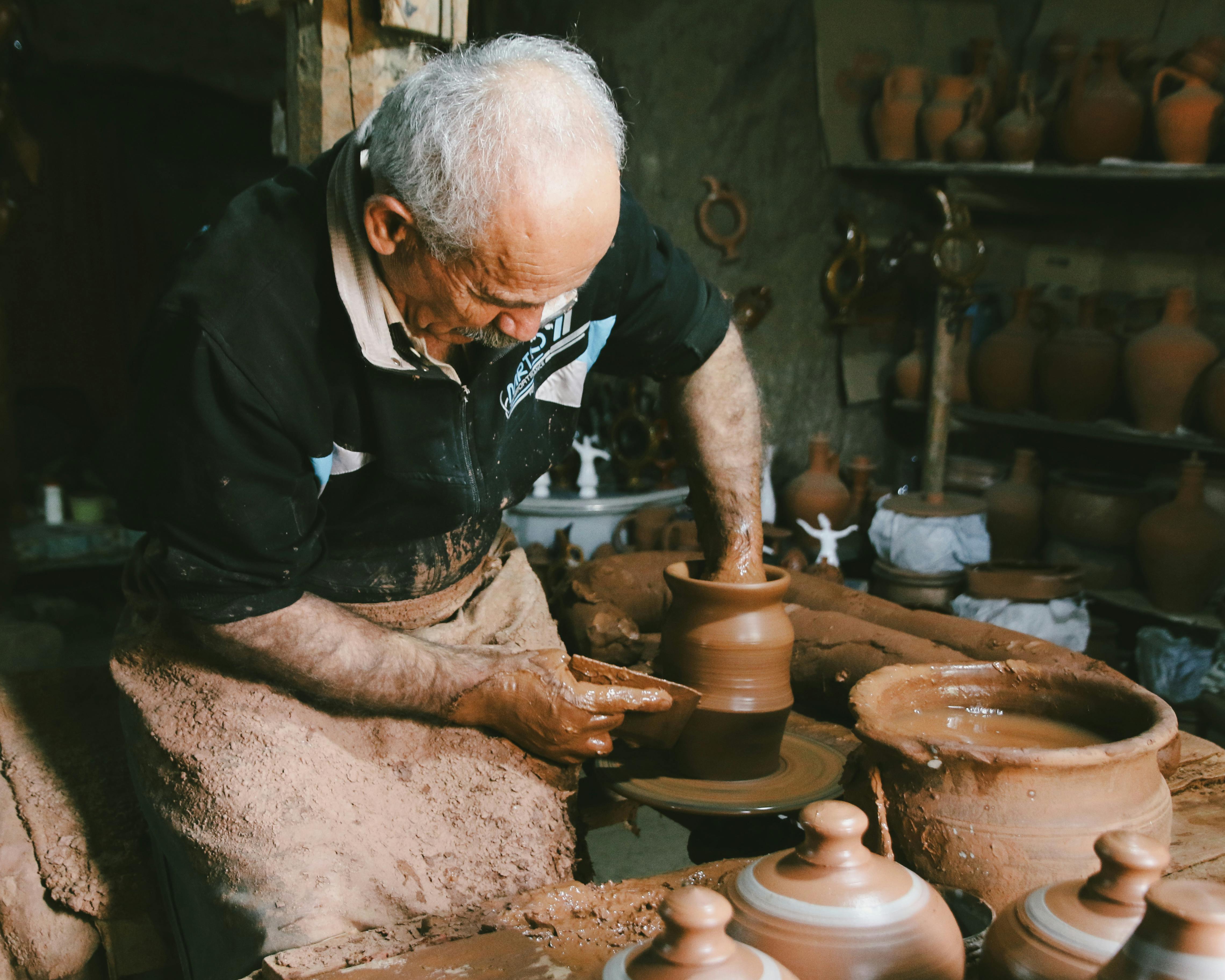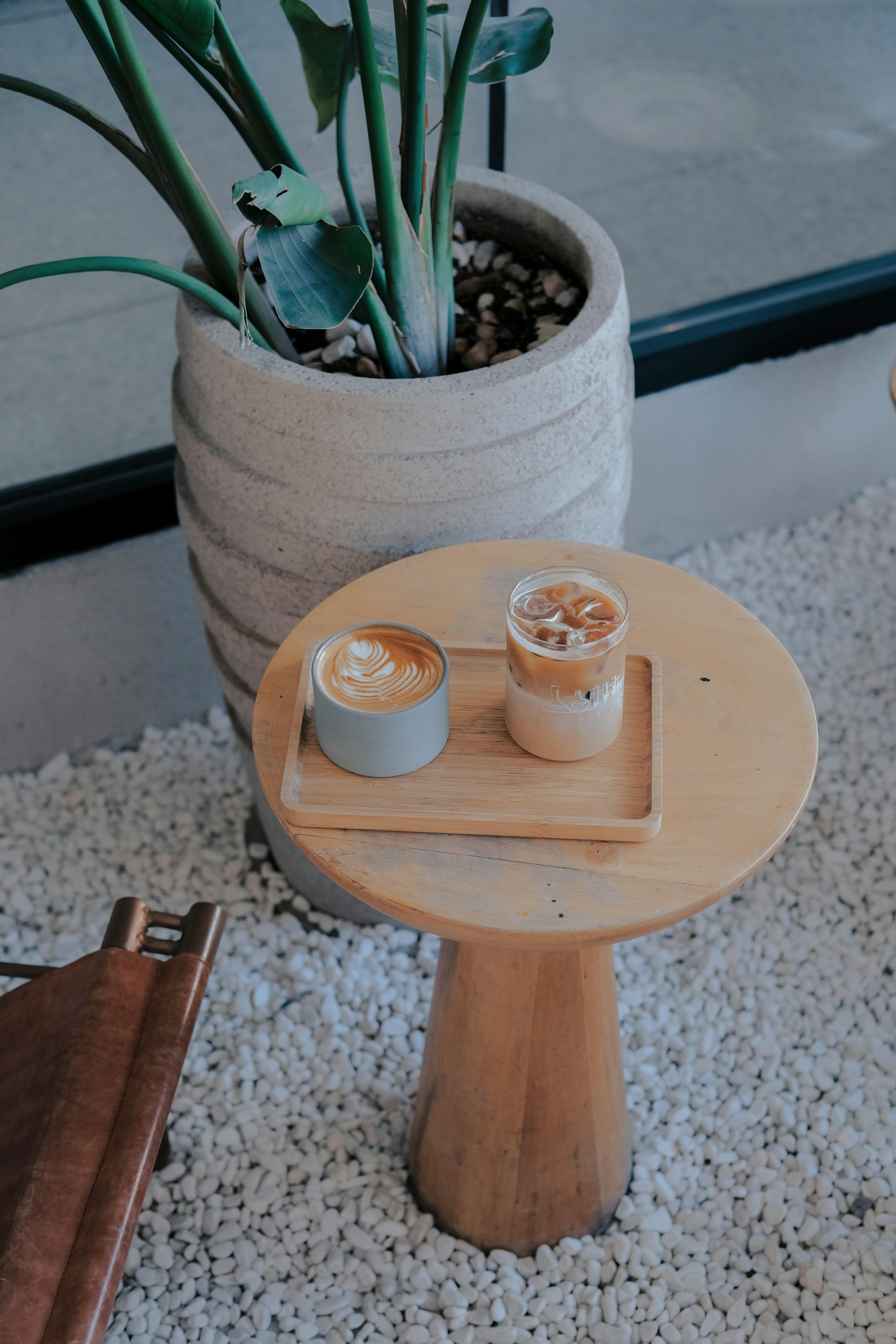The Art of Flipping a Coin
Have you ever wondered about the fascinating unpredictability of flipping a coin? Step into the world where chance and probability dance hand in hand. In this captivating article, you will embark on a journey to explore the art of flipping a coin. Brace yourself as we dive into the realm of uncertainty, where the outcome of a seemingly simple flip holds the power to defy expectation and captivate our imagination. Join us as we flip a coin 100 times and unravel the intricate dance of heads and tails. Prepare to be enthralled by the invisible forces that govern such a simple act, and discover the artistry that lies within this humble coin toss.

▶▶▶▶ [Bitget] Transaction fee 50% discount CODE◀◀◀◀◀
The Art of Flipping a Coin
Are you ready to dive into the fascinating world of coin flipping? Whether you’re using it to make decisions or simply for fun, flipping a coin has its own set of intricacies and techniques. Join us as we explore the history, psychology, and science behind the flip, and discover the art of mastering the age-old question: heads or tails?
History of Coin Flipping
Coin flipping has been a beloved pastime for centuries, with its origins dating back to ancient civilizations. It is believed that the ancient Romans used coins for divination purposes, with one side representing good fortune and the other side representing misfortune. Over time, this practice expanded, and people began to use coin flipping as a tool for decision making. Today, flipping a coin has become a universally recognized method for resolving choices and settling disputes.
▶▶▶▶ [Bitget] Transaction fee 50% discount CODE◀◀◀◀◀
The Psychological Impact
The act of flipping a coin may seem like a random and impartial process, but it holds deeper psychological implications. When faced with a difficult decision, flipping a coin can free your mind from the burden of choosing, providing a sense of relief. Moreover, the outcome of the flip can elicit a gamut of emotions – from disappointment to elation. Understanding the psychological impact of coin flipping can shed light on the choices we make and the emotions that accompany them.
The Science Behind the Flip
While coin flipping is often associated with chance, there is an underlying science at play. The motion of the flip, the air resistance, and the initial force applied all influence the outcome. In fact, studies have shown that the side facing up at the start of the flip has a slight advantage due to the distribution of weight. Understanding these factors allows one to appreciate that there is more to coin flipping than meets the eye.

Preparing Your Coin
A crucial aspect of the art of flipping a coin lies in the coin itself. The weight, size, and overall condition can affect the flip’s outcome. Before engaging in a coin flip, ensure that the coin is clean, without any sticky residues that may interfere with its movement. Additionally, examine the coin’s edges to ensure they are not overly worn or uneven, as this can cause an imbalanced flip. Paying attention to these details can enhance the overall experience and fairness of the coin flip.
The Correct Technique
Flipping a coin may seem straightforward, but there is a correct technique to achieve a fair and unbiased result. Hold the coin between your thumb and index finger, placing your thumb on one side and your index finger on the opposite side. With a swift motion, flick your wrist, releasing the coin into the air. Allow it to rotate at least two full flips before catching it in the palm of your other hand. Practicing this technique will improve your consistency and accuracy in flipping coins.

Mastering the Art of Heads or Tails
Beyond the mechanics of flipping a coin, there are strategies to master the art of predicting heads or tails. Some avid coin flippers claim to be able to manipulate the outcome by analyzing the initial position and force of the flip. However, it’s essential to remember that coin flips are inherently random and influenced by numerous factors beyond our control. Embrace the whimsical nature of the coin flip, and enjoy the process rather than obsessing over predicting the outcome.
The Superstitions and Rituals
Coin flipping is not without its fair share of superstitions and rituals. Many individuals believe that a certain side of the coin is luckier than the other, leading them to favor a particular outcome. Some people even assign personal significance to heads or tails, associating meanings such as success or failure, love or loss. These superstitions and rituals add an extra layer of intrigue and excitement to the art of flipping a coin.

The Role of Coin Flipping in Decision Making
Coin flipping holds a unique position in decision making. It presents an unbiased and impartial choice when faced with difficult dilemmas. From mundane matters like what to have for dinner to life-altering decisions, flipping a coin can provide a neutral platform to break through indecision and reach a resolution. However, it’s crucial to acknowledge that coin flipping should be used as a tool to guide choices rather than a sole determinant of important decisions.
Alternative Uses for Coin Flipping
While coin flipping is primarily associated with decision making, it has applications in various other fields. In sports, the toss of a coin determines which team gains possession of the ball. In gambling, coin flips are used to settle bets and establish odds. Moreover, coin flipping has even found its way into academic studies, with researchers utilizing it as a means of random selection for experiments. The versatility of coin flipping extends far beyond its traditional purpose.

The Ethics of Coin Flipping
As with any tool or method, the ethics of coin flipping can be a subject of debate. Some argue that relying on chance undermines personal agency and responsibility. While flipping a coin can help in moments of indecision, it’s essential to remember that important decisions often require thoughtful consideration and analysis. Using a coin flip as a last resort or a tie-breaker in trivial matters is generally considered ethical, but it should not replace critical thinking in more consequential situations.
In conclusion, flipping a coin is not just a simple act. It carries a rich history, psychological implications, and scientific principles. Mastering the art of flipping a coin involves not only understanding the correct technique but also appreciating the role it plays in decision making and exploring alternative uses. So, next time you find yourself faced with a tough choice, embrace the beauty of the coin flip and let fate guide your way.